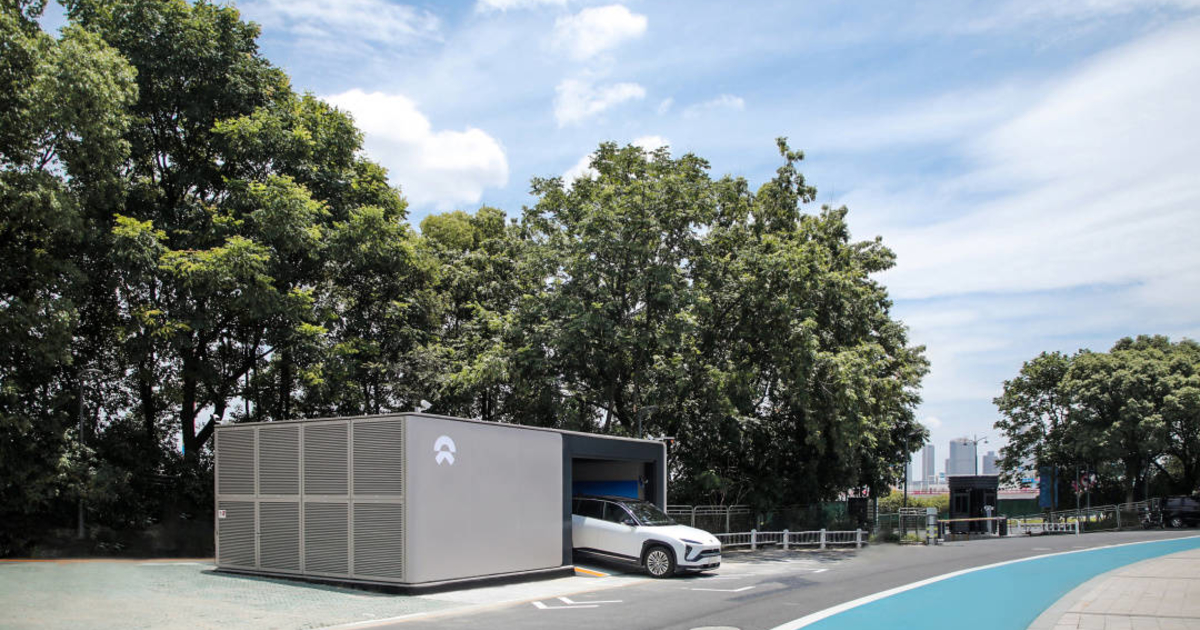
Nio, a leading electric-vehicle startup, is speeding up the expansion of its network of battery swap stations across China.
The company will add 1,000 battery swap stations this year, rather than 400 stations under an original plan, Nio founder and Chairman William Li said in a blog posted online this week.
Among the 1,000 new stations, around 600 will be built in urban areas, especially in Tier-3, Tier-4 and county-level cities where swap facilities are still lacking.
The remaining 400 will be set up along expressways, according to Li.
In April, Nio will begin mass production of its third-generation battery swap station, which is more efficient and can store more battery packs than the second-generation station, Li said in the blog.
That will allow Nio to install 120 to 150 battery swap stations per month starting in June and boost the cumulative number of such facilities to 2,300 by the end of 2023, he added.
Nio, established in Shanghai in 2014, delivered 122,486 full electric vehicles including sedans, crossovers and SUVs in 2022, a jump of 34 percent from a year earlier. The vast majority of the EVs were sold in China.
As of 2022, the startup had delivered 289,556 EVs.
In addition to battery swap stations, Nio has also instituted a network of regular battery charging poles and charging stations for customers in China.